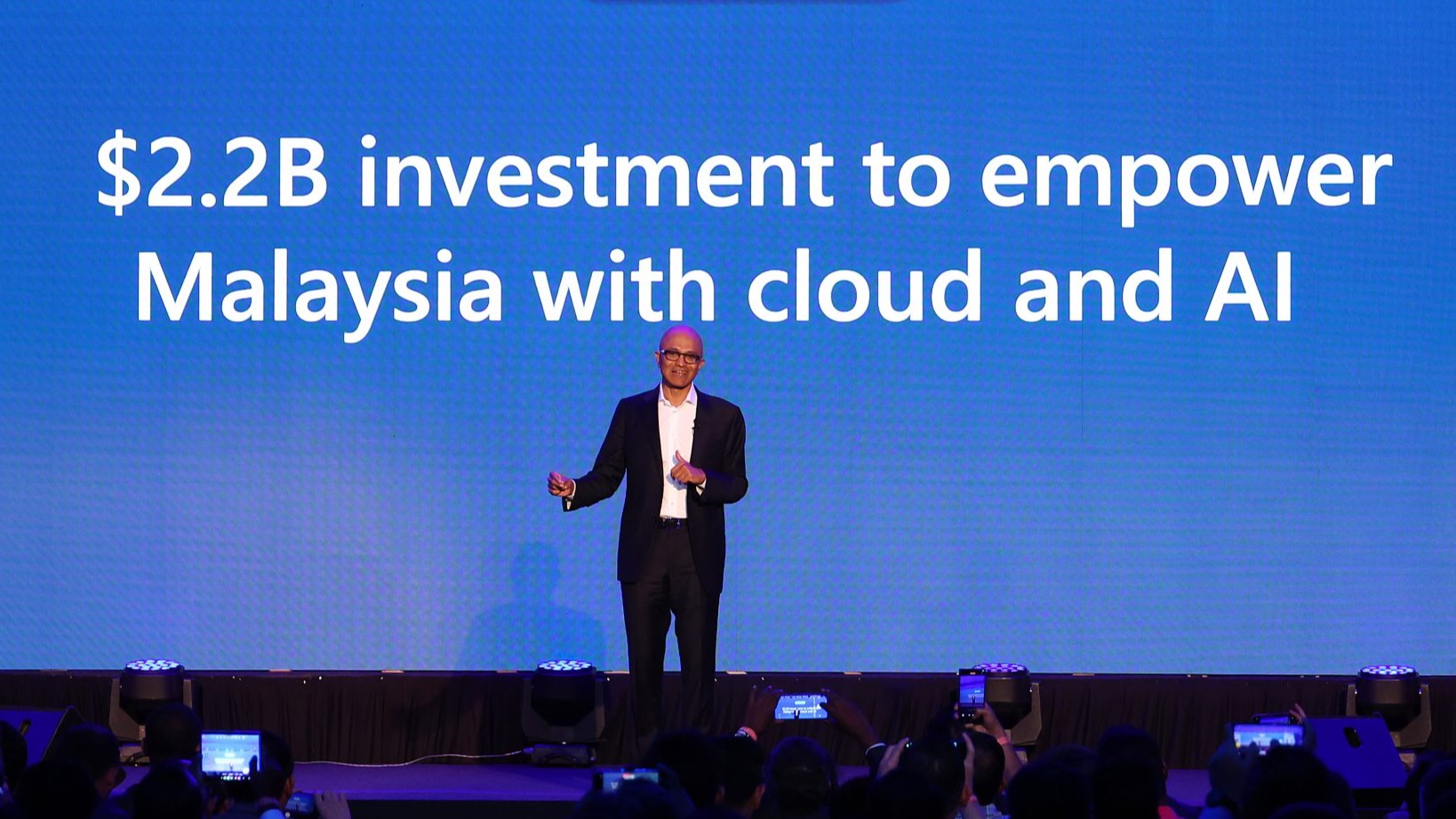Uber is being sued for hundreds of millions of pounds in a lawsuit representing London’s black cab drivers.
The lawsuit, filed in the High Court on Thursday, claims that Uber improperly obtained a licence from Transport for London in 2012 and as a result took business away from traditional cab drivers unlawfully.
Each of London’s 10,500 black cab drivers could be eligible for compensation of up to £25,000 with the total value of the claim estimated at a minimum of £250 million.
The firm representing the cabbies is RGL Management, which earlier this year successfully secured more than $270 million for cab drivers in Australia, said that all London black cab drivers who worked full- or part-time between June 2012 and mid-March 2018 can join the action.
Michael Green, the director of RGL Management, said: "There are still thousands of cabbies eligible to join who have not yet done so. A cut-off date is fast approaching."
A spokesperson for Uber commented: "These old claims are completely unfounded. Uber operates lawfully in London, is fully licensed by TfL, and is proud to serve millions of passengers and drivers across the capital."
Uber previously was sued by black cab drivers in 2018 on similar grounds, with the case alleging that it misled TFL over how its operating system works, but this was abandoned during the pandemic. TFL had previously refused to renew its licence in 2017 because it did not consider the company responsible enough regarding public safety, but the company successfully appealed this decision.
Latest News
-
Indra wins TfL contract to run London ticketing systems
-
Japan ‘launches government probe’ into Grok
-
Social media sites stop access to 4.7m under-16 accounts in Australia
-
Government announces £52m funding to support British robotics and defence tech firms
-
Swift to launch blockchain-based shared ledger after successful digital asset pilot
-
AWS launches European sovereign cloud service
The future-ready CFO: Driving strategic growth and innovation
This National Technology News webinar sponsored by Sage will explore how CFOs can leverage their unique blend of financial acumen, technological savvy, and strategic mindset to foster cross-functional collaboration and shape overall company direction. Attendees will gain insights into breaking down operational silos, aligning goals across departments like IT, operations, HR, and marketing, and utilising technology to enable real-time data sharing and visibility.
The corporate roadmap to payment excellence: Keeping pace with emerging trends to maximise growth opportunities
In today's rapidly evolving finance and accounting landscape, one of the biggest challenges organisations face is attracting and retaining top talent. As automation and AI revolutionise the profession, finance teams require new skillsets centred on analysis, collaboration, and strategic thinking to drive sustainable competitive advantage.
© 2019 Perspective Publishing Privacy & Cookies


.jpg)





Recent Stories